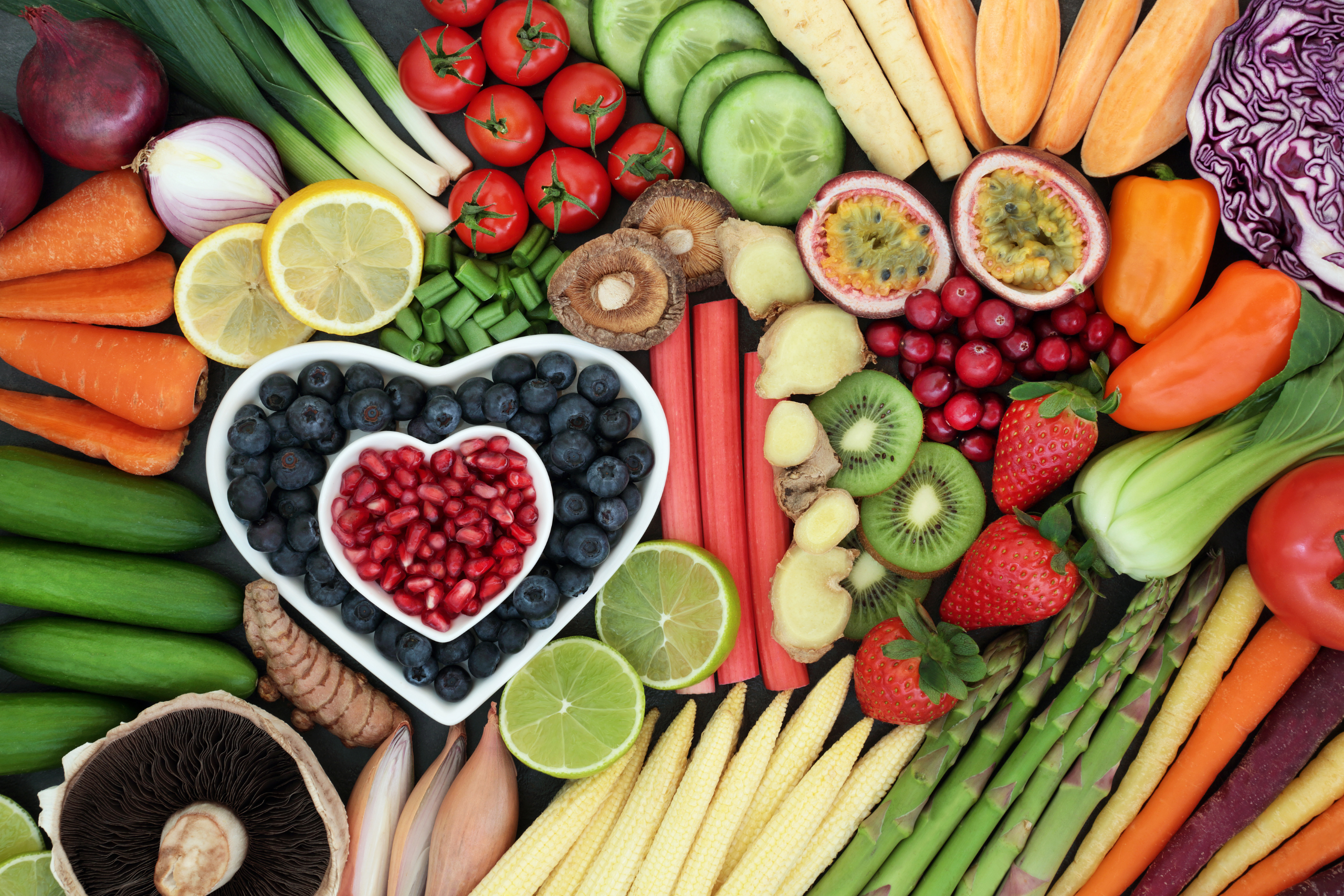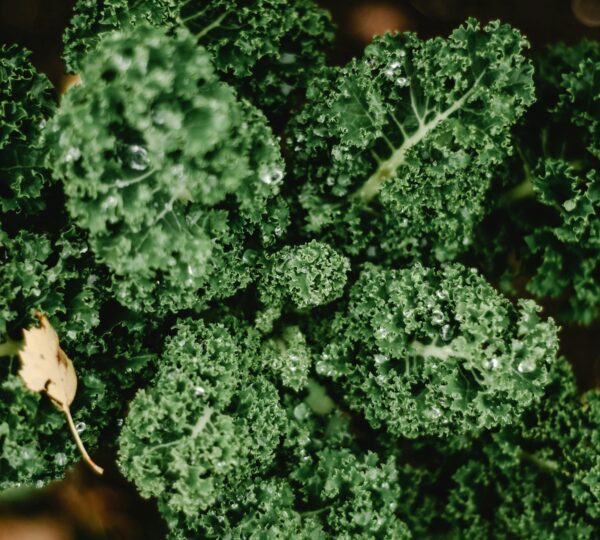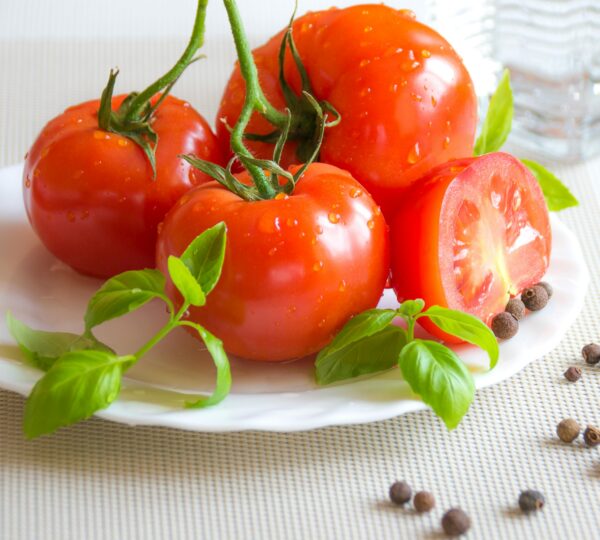
7 Superfoods fruits and vegetables
During a coffee break, I overheard a lady lamenting to her friend how she had been on a diet for the past six months but hadn’t noticed any significant changes in her body or health. This situation reminded me of the importance of incorporating nutrient-dense foods into one’s diet.
As the name suggests, superfoods—particularly fruits and vegetables—offer exceptional health benefits and can significantly boost overall well-being. If you’re like Susan, searching for ways to enhance your diet with natural, powerful foods, here’s a comprehensive guide to seven superfood fruits and vegetables worth adding to your meals and the benefits they offer.
1. Blueberries: The Antioxidant Powerhouse
Blueberries are often regarded as one of the most potent superfoods, primarily due to their high antioxidant content. They are rich in anthocyanins, antioxidants known to combat oxidative stress and inflammation.
A 2023 study in the Journal of Gerontology found that regular consumption of blueberries is linked to enhanced cognitive function in older adults, potentially delaying the onset of cognitive decline. Similarly, a 2021 report from the American Heart Association confirmed that eating blueberries regularly can reduce blood pressure and improve arterial function, promoting better heart health.
Dr. Mary Ann Lila, a top researcher at North Carolina State University, explains, “Blueberries have the rare ability to cross the blood-brain barrier, protecting the brain from inflammation and oxidative stress—major factors in cognitive decline
Health Benefits of Blueberries
According to research, Blueberries have been shown the following health benefits:
- Rich in Antioxidants: Blueberries neutralize free radicals to lower the risk of heart disease and cancer.
- Brain Health: They may improve memory and slow age-related mental decline.
- Heart Health: It also helps reduce blood pressure and supports cardiovascular well-being.
You can incorporate blueberries into your meals by adding it to smoothies, yogurt, or cereal. Using it as a topping for oatmeal or salads or enjoy fresh or frozen as a snack.
2. Kale: The Nutrient-Dense Leafy Green
Kale is packed with vitamins A, C, and K, as well as minerals like calcium and potassium. It’s a go-to superfood for maintaining bone and digestive health.
A 2022 study published in Frontiers in Nutrition found that regular consumption of kale significantly reduces LDL cholesterol levels, contributing to improved heart health. Another study by the Harvard School of Public Health in 2020 emphasized the role of kale in enhancing digestive health, thanks to its high fiber content. According to Dr. T. Colin Campbell, author of The China Study, “Kale is one of the most nutrient-dense foods on the planet. Its combination of antioxidants, fiber, and vitamins makes it a superfood that supports long-term health.”
Kale is an excellent source of vitamin K, which supports calcium absorption. It also promotes digestive health and contains anti-inflammatory compounds. Kale can be used as a base for salads or smoothies and can also be added to soups or stews. Ever tried kale chips? They make for a healthy snack.
3. Sweet Potatoes: A Rich Source of Beta-Carotene
Sweet potatoes are a delicious source of beta-carotene, which the body converts into vitamin A. This vibrant root vegetable is essential for maintaining healthy vision and immune function.
In 2022, researchers at Johns Hopkins University discovered that sweet potatoes could boost immune function due to their high vitamin C content. Recently, a 2023 review in Nutrients found that beta-carotene from sweet potatoes significantly improves vision health and reduces the risk of macular degeneration
Dr. Howard Murad, a dermatologist and nutrition expert, says, “Sweet potatoes are one of the best sources of natural vitamin A, and their antioxidants provide powerful anti-aging benefits for the skin.”
Health Benefits include supporting eye health and preventing macular degeneration, strengthening the immune system and complex carbs which provide sustained energy.
Sweet potatoes can be roasted as a side dish or added to salads. They can be baked or mashed. It is also used in soups, stews, or casseroles.
4. Avocados: The Healthy Fat Source
Avocados are rich in monounsaturated fats, which support heart health and improve the absorption of fat-soluble vitamins. They also offer a range of other nutrients, making them a superfood staple.
2023 meta-analysis in The Lancet showed that regular avocado consumption lowers LDL cholesterol by up to 13%, reducing the risk of cardiovascular disease. Research published in Nutrients (2021) highlighted that avocados enhance the absorption of fat-soluble nutrients like vitamins A, D, and E.
Registered dietitian Dr. Joan Salge Blake states, “Avocados are one of the best sources of heart-healthy fats. Not only do they improve cholesterol levels, but they also enhance the nutrient absorption from other plant-based foods.”
Avocados are good for the health of the heart, it helps absorb fat-soluble vitamins, and promotes healthy, glowing skin.
5. Spinach: The Iron-Rich Green
Spinach is a leafy green vegetable rich in iron, which is essential for transporting oxygen in the blood. In addition to its iron content, spinach is packed with antioxidants and vitamins that promote bone health and reduce inflammation, making it a vital addition to a balanced diet.
Recent research has highlighted the health benefits of spinach. A 2022 study published in The Journal of Nutrition found that spinach is effective in improving blood iron levels in individuals with mild anemia. Additionally, research conducted by University College London in 2021 demonstrated that the high vitamin K content in spinach supports bone health and helps maintain bone density.
Expert opinions further emphasize the importance of spinach in a healthy diet. Dr. David Perlmutter, a board-certified neurologist, notes, “Spinach is a powerhouse when it comes to brain and heart health due to its high levels of iron, antioxidants, and other critical nutrients.
Spinach helps prevent anemia and boosts energy levels, Its high vitamin K content supports bone density, Spinach contains compounds that help reduce chronic inflammation.
To incorporate spinach into your meals you can add it to salads, sandwiches, or smoothies for a nutritious boost or cook spinach into soups, stews, or pasta dishes for added nutrients.
6. Tomatoes: The Lycopene-Rich Fruit
Tomatoes are packed with lycopene, a powerful antioxidant known for its role in cancer prevention and heart health. This vibrant red fruit has become a staple in many diets due to its versatile use and numerous health benefits.
Recent research underscores the importance of lycopene in disease prevention. A 2021 study published in The American Journal of Clinical Nutrition confirmed that high lycopene intake from tomatoes can reduce the risk of prostate cancer by up to 30%. Additionally, in 2022, researchers at Tufts University discovered that lycopene helps lower cholesterol levels and reduces inflammation, further highlighting its contribution to heart health.
Health Benefits of Tomatoes include:
- Cancer Prevention: Lycopene reduces the risk of prostate cancer and other types of cancer.
- Heart Health: Tomatoes help lower cholesterol levels and support cardiovascular function.
- Skin Health: Lycopene protects the skin from UV damage, promoting overall skin health.
7. Bell Peppers: The Vitamin C Powerhouse
Bell peppers are an excellent source of vitamin C, a nutrient essential for supporting immune function, maintaining skin health, and protecting eye health. These colorful vegetables offer a variety of health benefits, making them a great addition to any diet.
Recent research has highlighted the positive effects of vitamin C from bell peppers. A 2022 study published in The Journal of Clinical Medicine demonstrated that consuming vitamin C from bell peppers enhances immune function and helps reduce the duration of common colds. Furthermore, a 2023 study by researchers at Oxford University found that a high intake of vitamin C supports collagen production and promotes skin elasticity, contributing to healthier, more youthful skin.
Experts also emphasize the importance of bell peppers in promoting overall health. Dr. Michael Greger, a physician and nutrition expert, states, “Bell peppers are one of the best sources of vitamin C, and they’re crucial for boosting immunity and maintaining healthy skin.”
Health Benefits:
- Immune Support: The high vitamin C content in bell peppers strengthens immune function.
- Skin Health: The antioxidants in bell peppers support youthful, healthy skin.
- Eye Health: Bell peppers are rich in vitamins A and C, both of which are essential for eye protection.
How to Incorporate Bell Peppers:
- Add sliced bell peppers to salads or sandwiches for a crunchy, nutritious addition.
- Use bell peppers in stir-fries, soups, or casseroles to enhance flavor and nutrition.
- Enjoy bell peppers raw with hummus as a healthy snack option.
By incorporating these superfoods into your diet, you can significantly enhance your health and enjoy delicious meals packed with essential nutrients. With the backing of recent studies and expert opinions, it’s clear that these fruits and vegetables are more than just trendy—they’re vital for long-term well-being.
Citations
U.S. Department of Agriculture (USDA) – Information on nutritional content and benefits of blueberries and other fruits and vegetables.
USDA National Nutrient Database: https://fdc.nal.usda.gov/
Harvard T.H. Chan School of Public Health – Studies on antioxidants in blueberries and their impact on brain and heart health.https://www.hsph.harvard.edu/
American Heart Association – Research on heart health and the benefits of monounsaturated fats in avocados.https://www.heart.org/
The Linus Pauling Institute at Oregon State University – Information on beta-carotene and its role in eye health and immune function from sweet potatoes. https://lpi.oregonstate.edu/
Dr. Michael Greger, M.D. (Founder of NutritionFacts.org) – Expert insights on the health benefits of kale and anti-inflammatory properties of spinach. https://nutritionfacts.org/
American Cancer Society – Research on lycopene from tomatoes and its role in reducing the risk of certain cancers. https://www.cancer.org/
Mayo Clinic – Information on the benefits of vitamin C in bell peppers and its impact on immune function and skin health. https://www.mayoclinic.org/
Dr. Joel Fuhrman, M.D. – Contributions on nutrient-dense diets and the benefits of superfoods like spinach and kale for long-term health. https://www.drfuhrman.com/

















